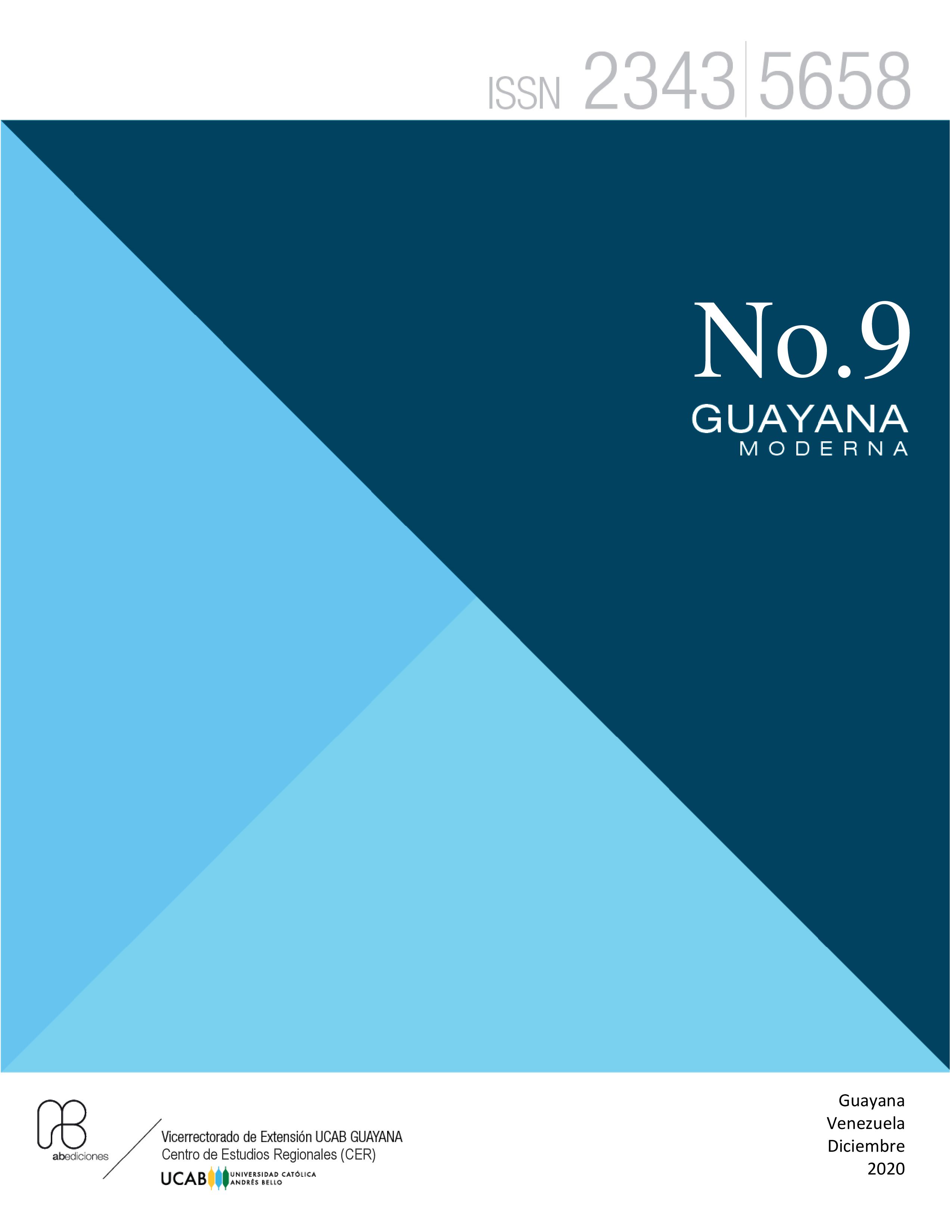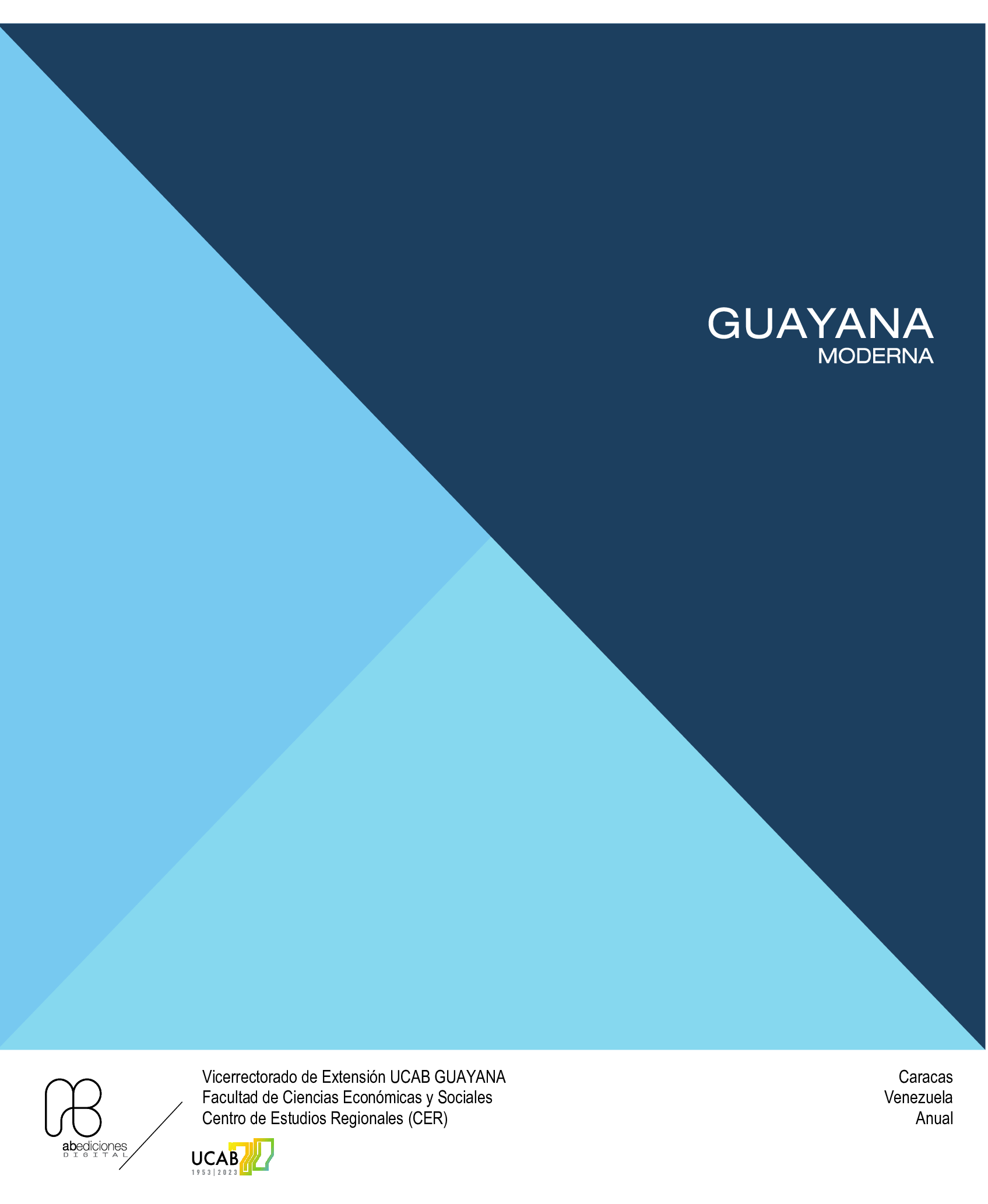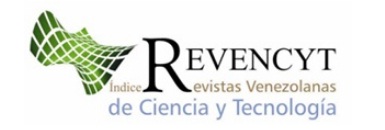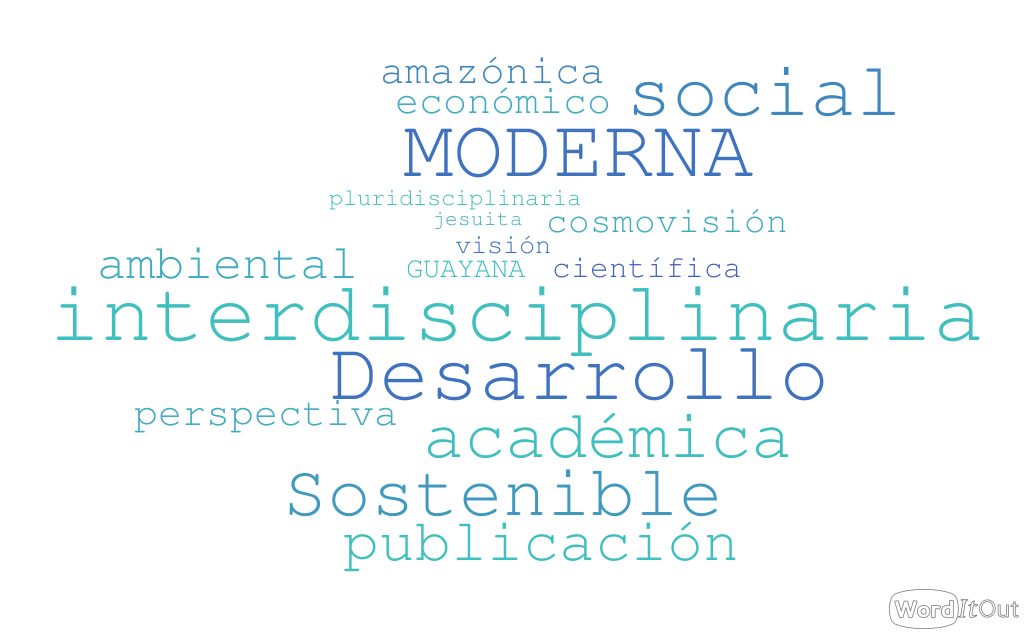Análisis comparativo de las prácticas educativas implementadas en Chile y México durante la pandemia de COVID-19
DOI:
https://doi.org/10.1234/gm.v9i9.5423Resumen
El actual contexto de pandemia ha llevado a que los Sistemas Educativos implementen diversas herramientas para garantizar el derecho constitucional a la educación. A través de un estudio comparativo, realizado en colaboración por estudiantes de Chile y México se buscó establecer las diferencias y similitudes existentes entre ambos sistemas, incluyendo en éstas las medidas tomadas por los gobiernos de ambos países para abordar la nueva realidad de la educación a distancia, así como la situación actual en la cual se encuentran los maestros de educación básica de diversos establecimientos. Esta investigación se realizó a través de encuestas dirigidas a los docentes, y por medio del análisis de documentos e información relacionada a la organización de los sistemas educativos de Chile y México; por último, se compararon las propuestas y medidas decretadas por los mismos para su implementación en el desarrollo e impartición de las clases. Los principales resultados obtenidos en la investigación dan muestra de que las medidas implementadas por ambos países no logran resguardar el aseguramiento de la calidad, y que así mismo faltan herramientas para un correcto desarrollo de las clases virtuales. De igual forma, se presentan y analizan los resultados de las encuestas realizadas, en donde los maestros expresan su sentir acerca de los desafíos y la exigencia de la situación actual.
Palabras Clave: Sistema Educativo, Educación Básica, México, Chile, Pandemia, Maestros








